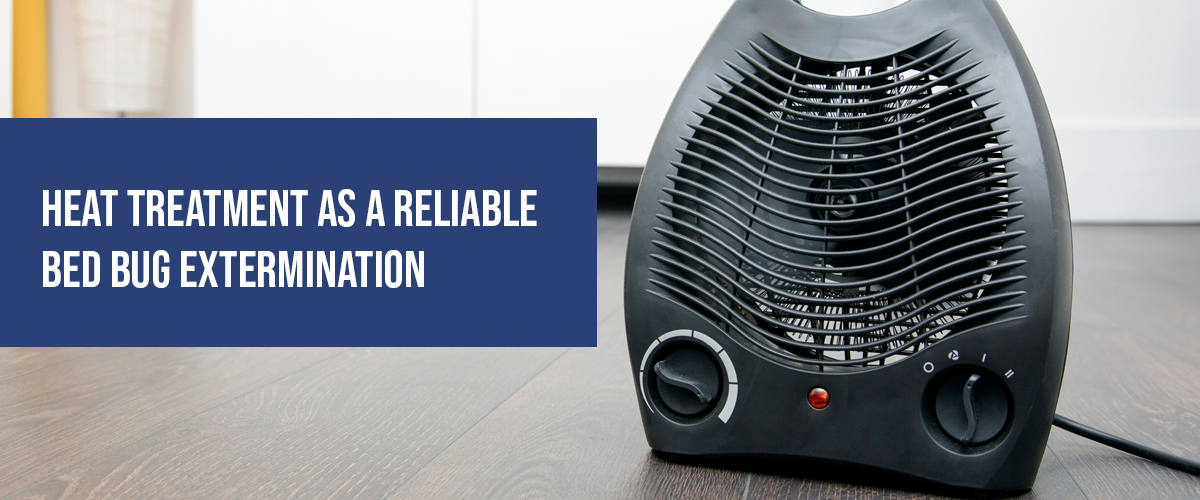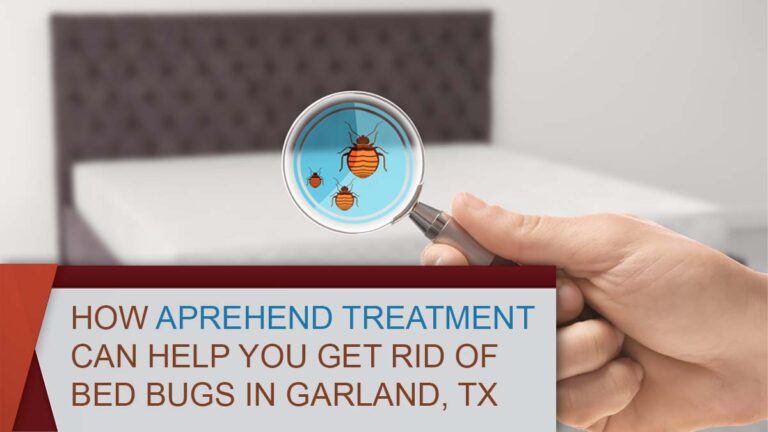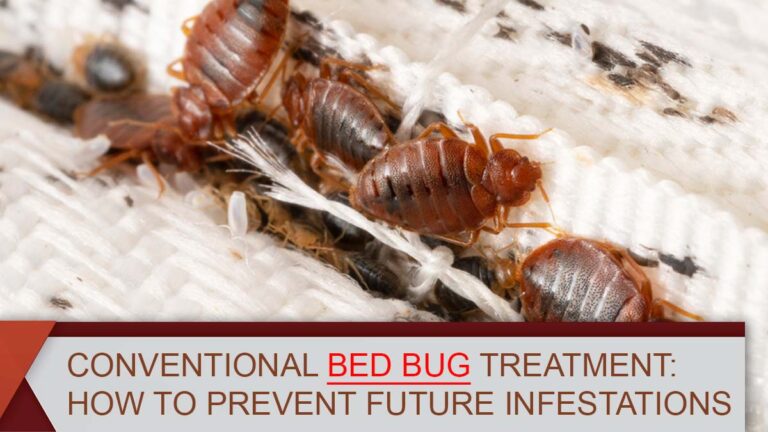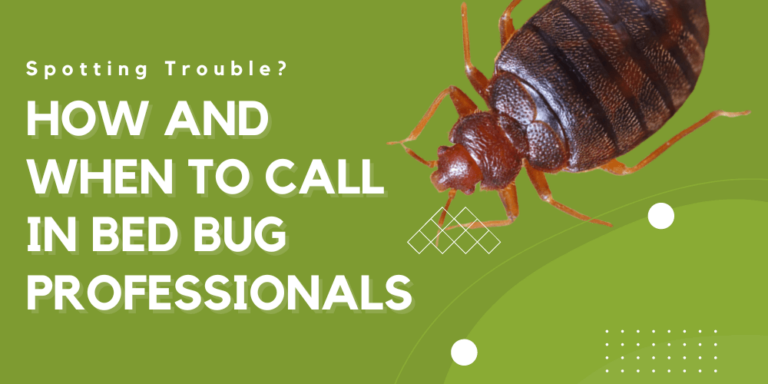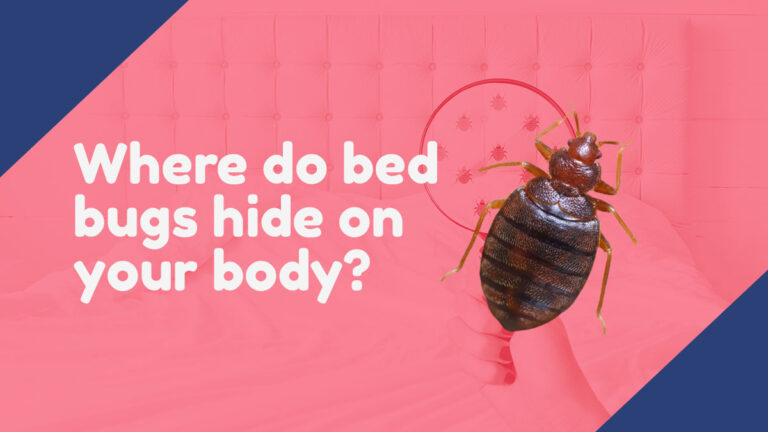Heat Treatment as a Reliable Bed Bug Extermination Technique
Are you losing the battle against those pesky bed bugs? Does their resilience leave you exhausted and desperate for a reliable solution? These miniature intruders play havoc in our lives, turning restful nights into a dreadful ordeal, walking the thin line between sanity and despair. But, here’s a ray of hope—heat treatment—a modern answer to this age-old problem. It could be your opportunity to turn the tide and reclaim your peaceful slumber.
Moreover, bed bug infestations are widely prevalent, impacting millions worldwide. Traditional approaches often fall short, given these pests’ quick reproduction and sneaky hiding habits. However, the emergence of heat treatment breathes a sigh of relief across affected households. This method is not just about efficient extermination; it’s a safer, environmentally-friendly solution that reduces re-infestation risk. Let’s dive deep into how heat treatment can confidently send your bed bug worries packing.
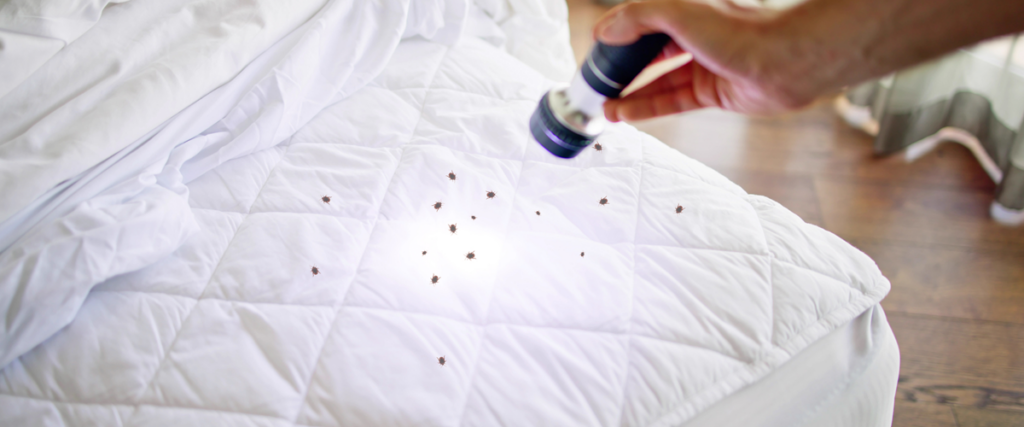
Understanding Bed Bug Infestations
Bed bug infestations can be tricky to identify and manage. Initially, you might only detect the presence of these intruders through seemingly minor symptoms, such as slight itchiness or skin redness. The initial reaction may be disbelief or amusement; after all, bed bugs are often things of stories and not something you’d expect to encounter in your own home.
However, the signs become more profound and alarming as the infestation intensifies. You may find bloodstains on your sheets—evidence of their night-time feasting—or worse still, encounter discarded exoskeletons on your bedding. These tiny creatures are formidable hitchhikers, gaining entry into your home via many channels. They can tag along from your travels, make cozy homes in second-hand furniture, or even migrate from a neighboring infested apartment.
Consequently, recognizing and addressing a bed bug infestation isn’t just about identifying the signs but understanding their modus operandi. It’s an investigation that calls for a critical eye and persistent action, like playing detective in your sleeping quarters.
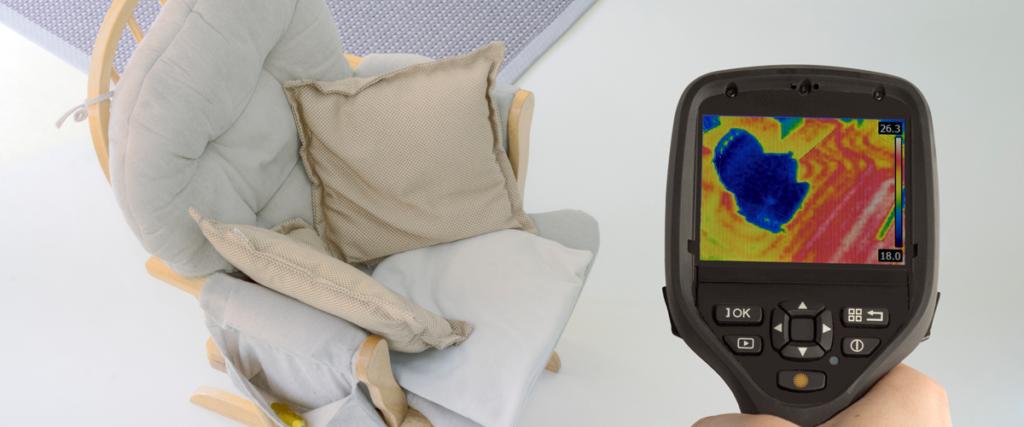
The Science Behind Heat Treatment
As you delve deeper into the world of pest control, you encounter various strategies designed to combat these resilient creatures, with heat treatment emerging as one of the most effective. In essence, heat treatments repurpose the ambient environment of the bed bugs into an uninhabitable desert.
The process entails cranking up the temperature within the infested area to levels fatal for the bugs—a step that equally targets both larvae and adult bugs. This procedure requires specialized equipment and meticulous monitoring to ensure even heat distribution. There can be no half-measures, as the aim is to leave no chance of survival for any bug lurking within your space.
Hence, what sets heat treatment apart from traditional fumigation methods is its ability to counter the commonly observed phenomenon of bed bugs developing immunity to chemical agents. While chemicals lose effectiveness over time, the lethal power of heat remains unwavering, providing a robust and lasting solution for your bed bug concern.
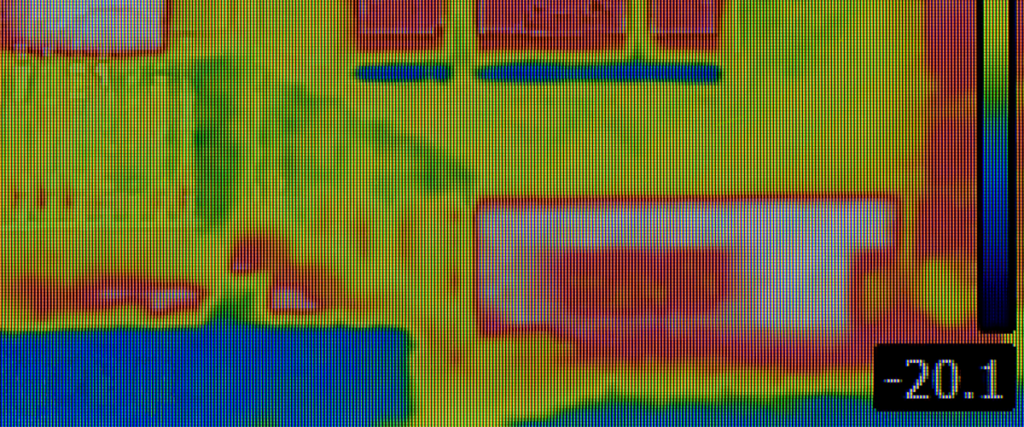
Benefits and Limitations of Heat Treatment
In pest control methods to effectively eliminate bed bug infestations, heat treatment triumphantly takes the lead—akin to the essentiality of a healthy breakfast jumpstarting your day. This technique also shines for its powerful capacity to eradicate pests in all life stages, its environment-friendly approach, and its inherent safety. Heat treatment, while avoiding toxic chemicals, can seep into every crack, hollow, and hidden corner, ensuring the extermination of bed bugs regardless of their hideouts. Notably, the eco-conscious method contributes towards preserving the environment by leaving no harmful residues and mitigating insecticide resistance issues.
However, no solution is perfect, and heat treatment carries its limitations. It’s also an investment in cost—due to the specialized equipment and expertise involved—and the requisite preparation time, which can be extensive to ensure no heat-sensitive items are damaged. Indeed, it’s not a one-size-fits-all technique for all properties, as different constructions and materials may respond differently to the procedure.
Accordingly, before setting sail on the heat treatment journey, weighing the benefits against the drawbacks is crucial, considering all aspects relative to your particular circumstances. Engaging with a professional for a comprehensive consultation can guide you toward a reasonable and adequate choice that fits your needs.

The Heat Treatment Process
Gearing up for the heat treatment is almost like preparing for a celebration—only this time, the invitation card decidedly excludes bed bugs. The process involves several steps that ensure the effectiveness of the treatment:
1. Preparation
Protect heat-sensitive items, such as plastics, electronics, and certain types of furniture. It can also include wrapping and moving objects or temporarily removing them from the premises.
2. Application of Heat
Set up the heat treatment equipment, including heaters and fans, to ensure uniform heating. Install temperature sensors to monitor the heat levels in different places.
3. Monitoring and Adjusting
During the treatment, professionals will monitor temperatures and adjust equipment to ensure the entire area reaches a lethal bedbug temperature.
4. Post-treatment Activities
After the heat treatment, thoroughly vacuuming the treated area is generally recommended to remove dead bugs and eggs.

Importance of Professional Assistance
Opting for heat treatment solutions offered by a DIY approach might seem enticing, yet professionals caution against it, emphasizing the importance of expert services in handling these persistent pests. Undeniably, going solo can exacerbate the infestation, causing more harm than good. Experts like those at Texas Heat Treatment provide unparalleled advantages, including:
1. Customized Treatment Plans
A professional can assess the size of the infestation and the specifics of your situation to develop a personalized treatment plan.
2. Ensuring Correct Execution
By leveraging their training and expertise, professionals can also implement heat treatment correctly and ensure the elimination of all bed bugs.
3. Preventive Measures
Professionals can provide advice on actions to take to prevent a future infestation.

Cost Considerations
As mentioned earlier, although Texas Heat Treatment might have higher upfront costs, the ROI (Return on Investment) should account for some critical aspects to make an informed decision:
1. Size of Property
The larger the infested area, the more resources the treatment requires. Hence, more significant p properties typically have higher treatment costs.
2. Degree of Infestation
Highly infested spaces might require more than one heat treatment to remove all bugs and eggs, increasing the overall cost.
3. Additional Services
Cost can escalate if add-on services such as post-treatment inspections, supplemental chemical treatments, or preventive measures are required.
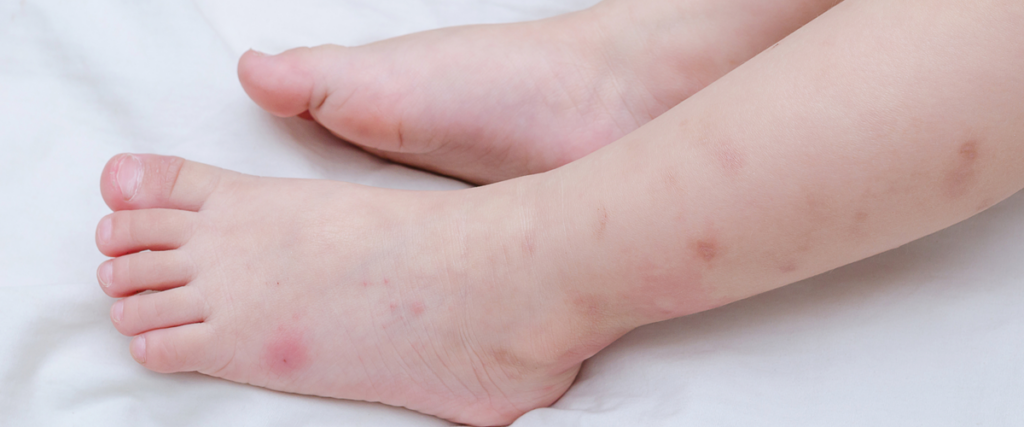
Public Health and Safety Implications
Bed bugs, despite their size, can have a profound impact on public health and safety:
1. Physical Health Risks
Bug bites can lead to skin irritations, allergic reactions, and secondary infections due to scratching. In rare cases, severe reactions can indeed lead to anaphylaxis, a potentially life-threatening allergic response.
2. Mental Health Impact
Dealing with a persistent bed bug infestation can lead to anxiety, insomnia, and other stress-related disorders.
3. Safety Among Pesticides
Using chemical pesticides, especially in an uninformed or improper manner, can pose significant health risks. Heat treatment provides a safer alternative free of any chemical residue.

Invest in Comfort and Safety!
In the battle against bed bugs, indeed, knowledge is power. Armed with the correct information about heat treatments, you’re not just combating an infestation but reclaiming the peace of mind that these uninvited guests have stolen. Remember, every step taken towards investing in a comprehensive, professional treatment is a stride towards a pest-free home. Additionally, it’s an environment where comfort is no longer a luxury but a prolonged reality.
Are you willing to let these tiny invaders control your living spaces, or on the contrary, are you ready to reclaim your sanctuary? The power to create a comfortable, safe, and bug-free home lies in your hands. So, what’s your choice?
References:
- Do-it-Yourself bed bug Control | US EPA. (2023, May 31). Retrieved from https://www.epa.gov/bedbugs/do-it-yourself-bed-bug-control
- Identify bed bugs: how they start, where they come from. (n.d.). Retrieved from https://www.pestworld.org/pest-guide/bed-bugs/
- Bed bugs. (n.d.). Retrieved from https://extension.umn.edu/biting-insects/bed-bugs
- Potter, M. F. (2011). The History of Bed Bug Management— With Lessons from the Past. American Entomologist, 57(1), 14–25. https://doi.org/10.1093/ae/57.1.14
- Nielsen, A. L., & Hamilton, G. C. (2009). Seasonal Occurrence and Impact of <I>Halyomorpha halys</I> (Hemiptera: Pentatomidae) in Tree Fruit. Journal of Economic Entomology, 102(3), 1133–1140. https://doi.org/10.1603/029.102.0335
- Mulligan, R. A., Redman, Z. C., Keener, M., Ball, D. B., & Tjeerdema, R. S. (2015). Photodegradation of clothianidin under simulated California rice field conditions. Pest Management Science, 72(7), 1322–1327. https://doi.org/10.1002/ps.4150

